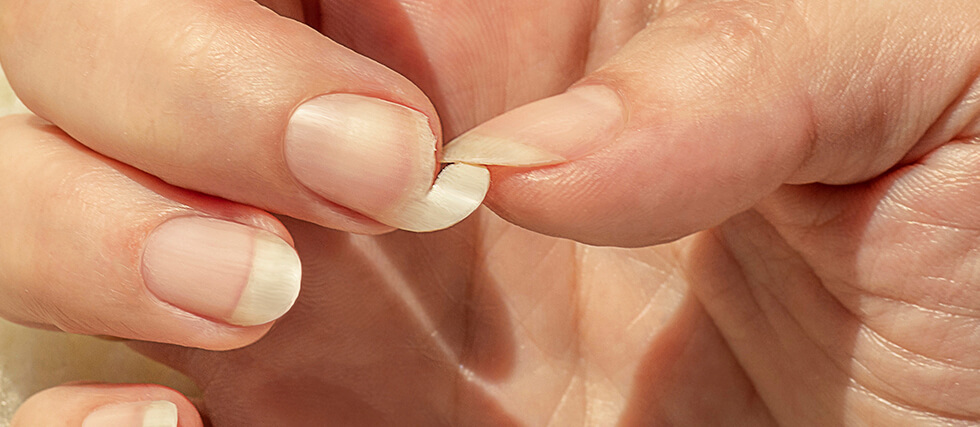Biotin, also known as vitamin B7, is a water-soluble vitamin that plays a crucial role in keeping your body running smoothly. While it’s most famous for boosting hair, skin, and nail health, its benefits go far beyond beauty.
Biotin helps convert the food you eat—carbohydrates, fats, and proteins—into energy. It also supports nervous system function, blood sugar regulation, and the production of fatty acids and amino acids, both of which are essential for healthy cell growth and repair. It’s especially important during pregnancy and breastfeeding, when the body’s nutritional needs increase.
Biotin deficiency is rare but can occur, particularly in people who smoke, drink heavily, are pregnant, or follow restrictive diets. Symptoms of low biotin include thinning hair, brittle nails, fatigue, skin rashes, and even mood swings or depression.
The good news? You can get plenty of biotin through whole foods. Adults are recommended to get about 30 micrograms daily, which is easy to achieve with a varied diet. Here are some top biotin-rich foods to add to your plate:
- Eggs (cooked): One whole egg provides ~10 mcg
- Salmon: 3 oz gives around 5 mcg
- Beef liver: One of the richest sources—30 mcg in just 3 oz
- Pork: Offers about 3.8 mcg per 3 oz
- Sunflower seeds: 1/4 cup has 2.6 mcg
- Sweet potatoes: 1/2 cup has about 2.4 mcg
- Almonds: 1/4 cup contains 1.5 mcg
- Spinach (cooked): Adds small amounts plus folate
- Lentils: Provide both biotin and folate
- Oats: A cup of cooked oats contains ~0.2–0.6 mcg
- Bananas: Offer a small but helpful boost
To support energy, healthy aging, glowing skin, and strong hair and nails, make biotin-rich foods a regular part of your diet—it’s a simple way to boost your health from the inside out.




